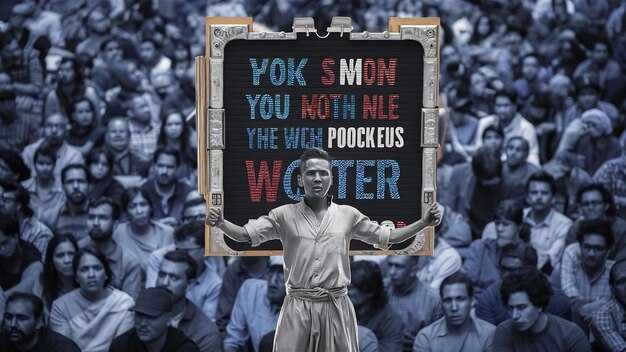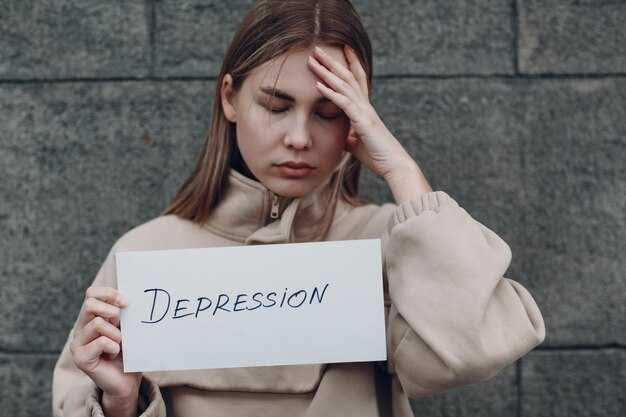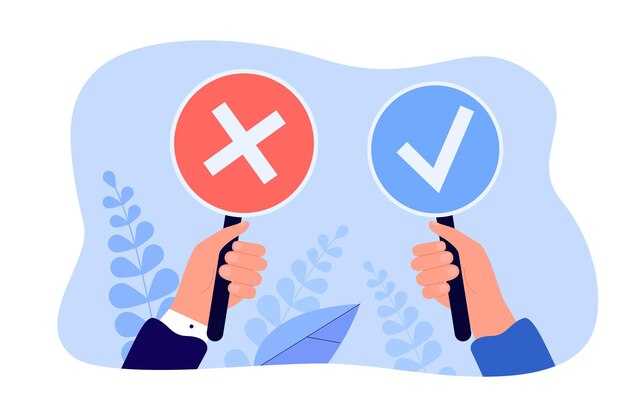Why is it always the anxious partner who ends up adjusting for the avoidant? What do you mean by “adjusting”? I mean it’s constantly the person with anxious attachment who’s expected to fix things or make amends — they’re the ones who must apologize first or nothing ever gets sorted out. They’re the ones who have to respect the avoidant partner’s need for space or independence, or else they risk being abandoned. They’re expected to give endlessly and contort themselves to keep the relationship afloat, while the avoidant person seems under no obligation to reciprocate. To be honest, it doesn’t look like any real compromise is happening — the anxious partner is doing far more emotional labor, and the whole partnership depends on them putting someone else’s needs ahead of their own. Isn’t that grossly unfair? Yes, it is — hugely unfair. Thank you. But you just said the anxious partner always carries the heavier load — that isn’t strictly accurate. How is that not accurate? Because the avoidant partner doesn’t have to do anything. Well, they do, but only if they want to avoid being left. And what would you tell someone who feels like the weight of the entire relationship is on their shoulders — someone who feels persistently neglected and keeps giving too much, even to a partner they call a taker? I would tell them that isn’t love, and they deserve far more than being given the bare minimum. I agree. I’m not suggesting that for a relationship to survive the avoidant can simply opt out of showing up or doing the work — but the anxious partner also needs to learn something important: if you never set boundaries, if you’re always rescuing, enabling, or accepting harmful behaviors — if overgiving stems from a sense of low self-worth — you will, unsurprisingly, attract people who take. This isn’t about pointing fingers at others or blaming yourself; it simply means we’re responsible for seeking healthier people to give to. Listen, I came here to complain, not to self-reflect. Okay? Right.
All of that frustration is valid. The dynamic you’re describing is common in relationships where one partner is more anxious and the other more avoidant — it produces a push-pull loop where the anxious partner ramps up pursuit and accommodation, and the avoidant partner pulls away to protect their autonomy. That doesn’t justify one-sided sacrifice, but it does help explain why the pattern gets reinforced: each person’s behaviors inadvertently reward the other’s strategy.
What “adjusting” looks like — healthy vs. unhealthy

- Healthy adjusting: Both partners make mutual, limited changes to meet halfway — e.g., the avoidant agrees to scheduled check-ins; the anxious partner practices asking for space calmly and taking self-soothing steps instead of demanding constant reassurance.
- Unhealthy adjusting: Only one person compromises continually (usually the anxious partner), giving up core needs and boundaries, while the other makes little or no effort or offers only minimal, inconsistent gestures.
Practical steps for someone who feels they’re giving too much
- Define your non-negotiables. Decide what you absolutely need to stay emotionally safe (e.g., transparency about plans, regular affectionate contact, mutual respect) and be prepared to enforce them.
- Use clear, calm communication. Replace crisis-driven pleas with “I” statements: “I feel anxious when we go several days without checking in. Can we agree on X?” Concrete requests are easier to respond to than vague demands.
- Set boundaries and consequences. Boundaries aren’t punishments — they’re protections. If agreed needs are repeatedly ignored, have a predefined consequence (pause the relationship, seek couples therapy, etc.) and follow through if necessary.
- Build your own regulatory toolkit. Learn self-soothing techniques (breathing, grounding, journaling), cultivate interests and friendships outside the relationship, and reduce emotional reliance on your partner’s immediate responses.
- Track reciprocity. Keep mental notes of who initiates contact, plans dates, apologizes, and follows through. If the balance is consistently skewed, that’s data, not drama.
- Consider individual therapy. Attachment wounds often run deep; therapy can help you stop rescuing out of fear and learn to attract more secure partners.
What an avoidant partner can realistically do
- Practice small, reliable acts of connection. Avoidants often benefit from low-demand, scheduled ways to show care (a nightly text, a weekly “how are we doing” conversation).
- Give explicit reassurance. Avoidants may assume silence equals neutrality; saying “I care about you” or naming a plan to reconnect reduces anxiety for both partners.
- Be willing to tolerate discomfort. Growth requires accepting temporary vulnerability. Choosing short-term discomfort (e.g., talking about feelings) prevents long-term drift.
- Follow through on agreements. Consistency builds trust: do the small things you promised to do, even when you don’t feel like it.
When change isn’t happening — what to consider
- If the avoidant partner refuses to engage in change or consistently dismisses your needs, the relationship may be stuck in an unhealthy pattern.
- Repeated promises without follow-through are a red flag. Words are meaningful, but behavior is the reliable evidence of commitment.
- If enforcing boundaries triggers threats, intimidation, or emotional withdrawal as punishment, that’s coercive and may be emotionally abusive — seek support and prioritize safety.
- Sometimes two insecure attachment styles can’t “fix” each other without outside help. Couples therapy or attachment-focused therapy can provide structure and accountability.
How to make repair attempts more effective
- Use “soft start-ups”: begin difficult conversations gently to reduce defensiveness.
- Ask for repair breaks: when things heat up, agree to pause and reconvene after a set time rather than stonewalling or continuing escalation.
- Celebrate micro-progress: notice and acknowledge even small acts of responsiveness so they are reinforced.
In short: you shouldn’t be the only one doing the emotional labor. Fairness requires both partners to do different kinds of work — the anxious partner to strengthen boundaries and self-regulation, the avoidant partner to practice consistent, modest displays of availability and follow-through. If both people are willing to change, the push-pull can be transformed into a more secure dance. If only one person changes, that’s a signal to protect your needs: you deserve a relationship where your emotional investments are met with meaningful reciprocity.


 Why does the Anxious partner have to sacrifice for the Avoidant?">
Why does the Anxious partner have to sacrifice for the Avoidant?">

 How to Get Any Avoidant to Fully Commit And Never Pull Away | Jordan Peterson Motivational Speech">
How to Get Any Avoidant to Fully Commit And Never Pull Away | Jordan Peterson Motivational Speech">
 Why Narcissists Want To Stay FRIENDS After They Break Up With You">
Why Narcissists Want To Stay FRIENDS After They Break Up With You">
 LOVE Can’t be Built without THIS">
LOVE Can’t be Built without THIS">
 How to End Limerence Before You Destroy Everything Good">
How to End Limerence Before You Destroy Everything Good">
 彼女の精神的な負担を増やしていた。">
彼女の精神的な負担を増やしていた。">
 10 驚くべき感情的な自由を妨げるもの (そして 7 つの解放するもの)">
10 驚くべき感情的な自由を妨げるもの (そして 7 つの解放するもの)">
 これらの兆候を探し、そして妥協しないでください。">
これらの兆候を探し、そして妥協しないでください。">
 Why You Feel Left Out in Groups (and What to Do About It)">
Why You Feel Left Out in Groups (and What to Do About It)">
 Relationship Advice: Boundaryを捨てることは愛ではない">
Relationship Advice: Boundaryを捨てることは愛ではない">
 Don’t Know What You’re Gonna Do About This Avoidant Person ..Cause They’re About To Chase You! | J.P">
Don’t Know What You’re Gonna Do About This Avoidant Person ..Cause They’re About To Chase You! | J.P">